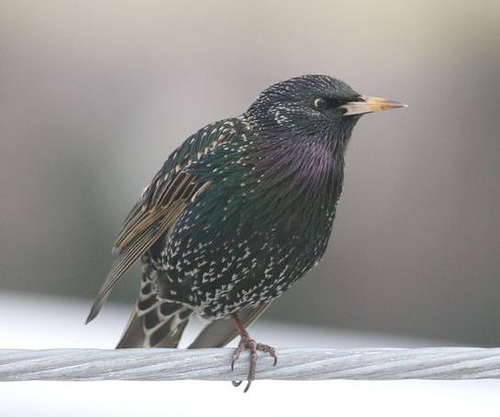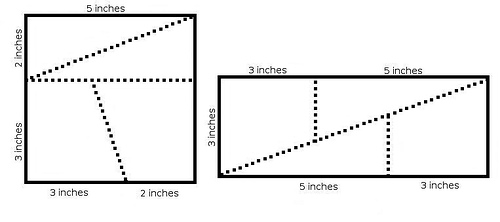Eight weeks ago, a terrier dog, in pursuit, so it is supposed, of a hare, was seen to fall into the shaft of an unwrought coal-pit, in Elswick-fields, near this town. Its howling was frequently heard, and many persons threw stones down, with the view of putting it out of its misery, but without effect. On Wednesday last, a mason of this town, prompted by humanity, sent down his boy, who brought up the poor sufferer, a mere skeleton; but by care it is recovering. When first brought up, it could not eat, but lapped water; which during the whole of the dismal period of its confinement (except the hare which probably fell in with it) must have been its only sustenance.
— Tyne Mercury, July 17, 1806



